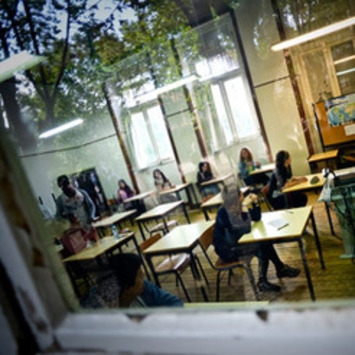It’s become something of a self-esteem cliché in the classroom: assuring kids that it’s fine if they messed up their homework assignment on long division, because, hey, they triedreally hard. The underlying intention is a good one, and it can be traced back to Stanford psychologist Carol Dweck’s work on mind-sets. Dweck has argued —
Research and publish the best content.
Get Started for FREE
Sign up with Facebook Sign up with X
I don't have a Facebook or a X account
Already have an account: Login
Let's just say I have reasons to learn more about mental health, special needs children, psychology, and the like.
Curated by
Deanna Dahlsad



 Your new post is loading...
Your new post is loading...






































